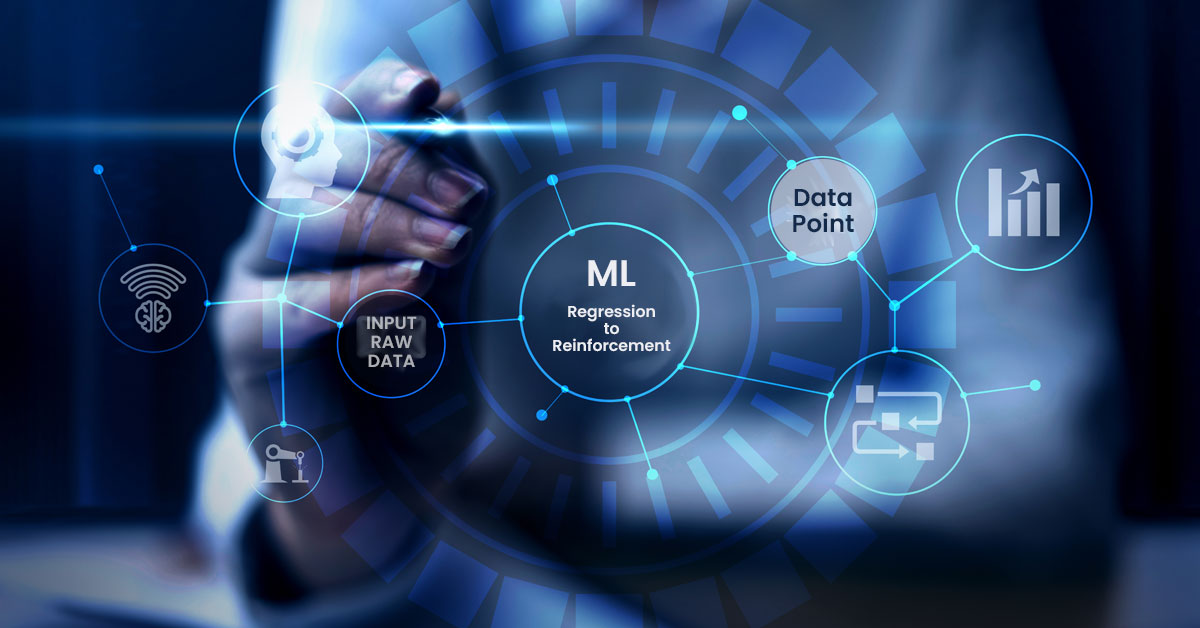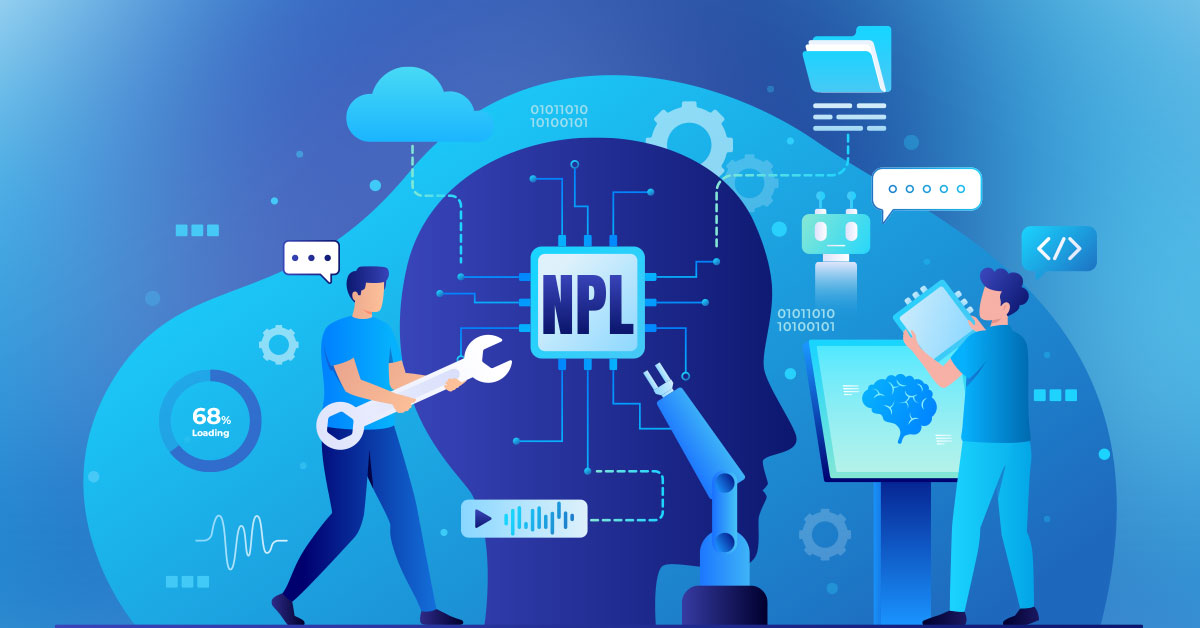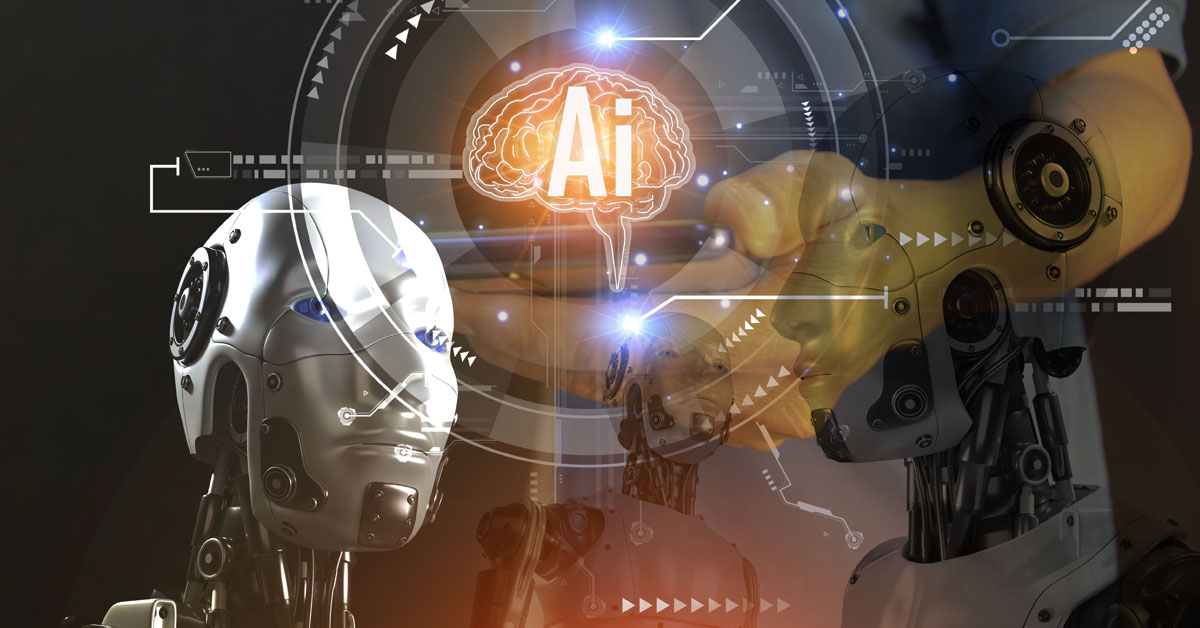ML Services for Natural Language Processing: Enhancing Communication

4 min read
Introduction
ML services for Natural Language Processing (NLP) offer pre-built models and APIs. That enable programmers to include sophisticated language comprehension features into their programs without requiring a deep understanding of machine learning. Services from providers like Google Cloud Natural Language, Amazon Comprehend, and Microsoft Azure Cognitive Services offer functionalities. They are sentiment analysis, entity recognition, and content classification. These services streamline NLP implementation, enabling businesses to extract valuable insights and enhance user experiences through automated language processing.
Utilization of Machine Learning for Natural Language Processing
A machine learning model can generalize and cope with novel scenarios, unlike algorithmic programming. The model can utilize its prior “learning” to judge a case if it resembles one it has already seen. The objective is to develop a system in which the model continuously gets better at the task you give it.
A variety of statistical techniques are used in machine learning for NLP and text analytics to recognize entities, sentiment, portions of speech, and other features of text. The methods can be encapsulated in supervised machine learning, often known as a model that is then applied to further process. Unsupervised machine learning is a term used to describe a group of algorithms that operate on huge data sets to extract meaning. Understanding the distinction between supervised and unsupervised learning, as well as how to combine the finest features of each, is crucial.
The Process of NLP Involves Creating Models and Algorithms
Natural Language Processing (NLP) involves developing algorithms and models that allow machines to process and analyze text and speech, extracting meaning, sentiment, and context. NLP plays a crucial role in various applications, from language translation and sentiment analysis to chatbots and voice assistants. To enhance the interaction between humans and technology by bridging the gap between human communication and computational understanding. NLP cloud services offer a powerful and accessible way to integrate advanced language understanding capabilities into applications and services.
ML Services for NLP: Improving Customer Interactions in Various Industries
Machine Learning (ML) services for Natural Language Processing (NLP) play a pivotal role in enhancing customer interactions and engagement across diverse industries. By analyzing and understanding vast volumes of textual data. These services enable businesses to automate and personalize customer interactions through chatbots, virtual assistants, and sentiment analysis tools. This not only streamlines customer support, reducing response times and enhancing problem resolution. But also delivers tailored recommendations and relevant information to customers, fostering a more personalized and satisfying experience. In sectors like e-commerce, finance, healthcare, and hospitality, ML-powered NLP services contribute. To raise operational effectiveness, enhance customer satisfaction, and ultimately boost brand recognition and customer loyalty.
Using NLP and Machine Learning to Improve Marketing Strategies
Using Natural Language Processing (NLP) and Machine Learning (ML) to enhance the marketing and advertising strategies has become increasingly prevalent in recent years. These technologies offer the potential to analyze vast amounts of data, gain insights into consumer behavior, and create more personalized and effective campaigns.
While NLP and ML offer numerous benefits, successful implementation requires data quality, appropriate algorithms, and a deep understanding of the target audience. Additionally, ethical considerations, data privacy, and transparency should be prioritized to build and maintain consumer trust.
Here’s how NLP and ML can be utilized to improve marketing and advertising strategies.
- Consumer Insights and Market Research
NLP will use to analyze social media posts, customer reviews, and online discussions to understand consumer sentiment and preferences. ML algorithms can identify trends and patterns in this data, helping businesses refine their target audience and tailor their messaging accordingly.
- Personalized Content Creation
ML algorithms can generate personalized content based on individual user preferences and behaviors. This can be applied to email marketing, social media posts, and advertisements, resulting in higher engagement rates and conversion rates.
- Chatbots and Customer Support
NLP-powered chatbots can provide instant and personalized customer support, answering queries, and guiding users through the sales funnel. This enhances user experience and increases customer satisfaction.
- Sentiment Analysis
NLP algorithms can analyze customer feedback, reviews, and comments to gauge sentiment and identify potential issues. This information can help marketers make informed decisions and address concerns promptly.
- Predictive Analytics
ML models can predict consumer behavior, such as purchase likelihood, churn rates, and response to marketing campaigns. This enables marketers to allocate resources effectively and design campaigns that resonate with their target audience.
- Content Recommendations
NLP and ML can power content recommendation engines that suggest relevant products, articles, or videos to users based on their browsing and purchasing history. This encourages longer engagement and more frequent visits.
- Competitor Analysis
NLP can scrape and analyze competitor data, providing insights into their marketing strategies and customer perceptions. ML models can then identify opportunities for differentiation and improvement.
- Segmentation and Targeting
ML algorithms can segment customers based on various attributes and behaviors. This allows marketers to tailor their messaging and offers to specific customer groups, improving the likelihood of conversions.
- Real-time Feedback Analysis
NLP and ML technologies can analyze real-time feedback and engagement metrics to adjust marketing strategies on the fly. This agility helps marketers respond quickly to changing consumer trends and preferences.
ML and NLP Services Offer Numerous Advantages
Incorporating ML and NLP services into communication strategies empowers businesses and individuals to connect effectively, time zones, or communication preferences. These services optimize interactions, foster engagement, and create a more inclusive and user-centric communication landscape.
Language Translation and Localization
ML-powered NLP services enable accurate and swift translation between languages, breaking down language barriers and facilitating global communication.
- Personalized Interactions
ML algorithms analyze user data to tailor communication, delivering personalized recommendations, content, and responses.
- Efficient Customer Support
Chatbots and virtual assistants that offer 24/7 customer care are made possible by NLP in customer service.
- Sentiment Analysis and Feedback Understanding
ML and NLP services decipher sentiment from text, helping businesses gauge customer feelings and opinions.
- Real-time Language Correction
ML-driven language correction tools offer real-time suggestions for grammar, spelling, and phrasing improvements.
- Content Summarization and Extraction
NLP algorithms can summarize lengthy articles, reports, or documents, providing succinct overviews.
- Enhanced Accessibility
These services enable text-to-speech and speech-to-text capabilities, making digital content more accessible to people with visual or hearing impairments.
- Natural Language Understanding
ML models comprehend context, idioms, and conversational nuances, making interactions with technology more natural and intuitive.
- Language Generation
Advanced ML models generate coherent and contextually relevant language, enabling automated content creation for marketing, storytelling, and creative applications.
Conclusion
Organizations may improve their services and make them more useful by utilizing NLP and machine learning as they improve their application procedures. Additionally, it can shorten the time and resource requirements for developing and deploying AI-powered apps. NLP and Machine Learning capabilities can also automate a variety of operations and procedures within applications, minimizing manual labor and the possibility of human error.
Explore additional AI services on our website https://www.pranathiss.com/
Published: August 17th, 2023





